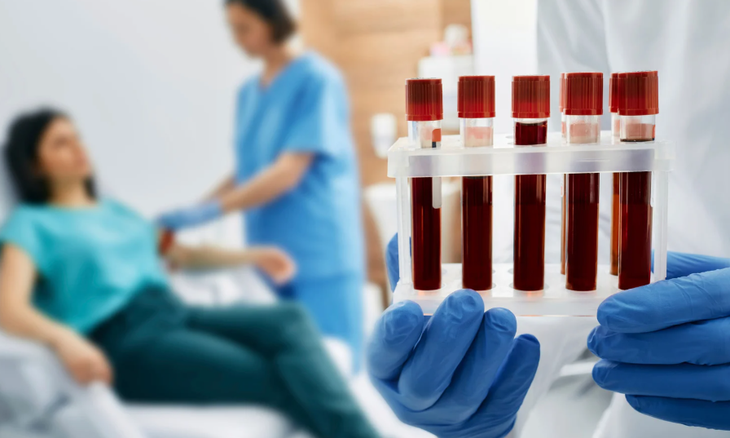
Scientists have just made a major step forward in the quest for artificial blood, a medical goal that has been pursued for decades.
According to The Brighter Side of News , researchers from the University of Konstanz (Germany) and Queen Mary University (London, UK) have discovered the key role of the signaling molecule CXCL12 in the process of red blood cell production, opening up the opportunity to mass produce artificial blood for medical purposes.
The final mystery in the formation of red blood cells
Red blood cells are made in the bone marrow through a series of complex steps, the last of which, when the cell sheds its nucleus, is necessary to make room for the oxygen-carrying hemoglobin. For decades, scientists have been baffled by the signals that cause the cell to make this particular “decision.”
The team of scientists discovered that CXCL12, which is known as a molecule that guides white blood cells to the site of inflammation, also plays a role in activating the final maturation of red blood cells by promoting nuclear expulsion.
"We saw a completely new picture: in red blood cells, CXCL12 not only signals outside but also acts right in the cell nucleus," said Professor Antal Rot (Queen Mary University).
When CXCL12 binds to the CXCR4 receptor on red blood cell precursors, it triggers a series of intracellular changes, including genetic rearrangement, transient calcium waves around the nucleus, and eventually forcing the cell to “expel” the nucleus. Experiments showed that by simply adding CXCL12 to cells at the right stage, scientists could replicate this process in a test tube.
This solves a major obstacle to artificial blood technology: only a small fraction of red blood cells from reprogrammed stem cells can successfully denucleate. With CXCL12, this rate promises to improve significantly, bringing the production of artificial blood closer to industrial scale.
Broad medical significance
The need for blood transfusions is currently very high, each country may need tens of thousands of units of blood, largely relying on voluntary donors. In many emergency situations or with patients with rare blood types, the supply is always in a state of shortage.
If artificial blood could be mass produced, medicine would have a safer and more proactive supply. This would not only serve emergencies, surgeries, and treat anemia, but also open up the prospect of personalized medicine, using the patient's own cells to create completely compatible blood.
Not only does this discovery offer hope for artificial blood, it also changes the way we look at chemokines, molecules that have been known only for their role in controlling the movement of immune cells. Demonstrating that they can function inside the nucleus opens up the possibility of developing new therapies for many other diseases related to cell growth.
Clearly, this is a small step forward in cell biology, CXCL12 could become a game changer for the entire medical field, from treating anemia, trauma, surgery to rare diseases.
Source: https://tuoitre.vn/khong-con-lo-thieu-mau-hien-khoa-hoc-tim-ra-chia-khoa-san-xuat-mau-nhan-tao-vo-han-20250921222925073.htm



![[Photo] Unique art of painting Tuong masks](https://vphoto.vietnam.vn/thumb/1200x675/vietnam/resource/IMAGE/2025/11/14/1763094089301_ndo_br_1-jpg.webp)


![[Photo] Special class in Tra Linh](https://vphoto.vietnam.vn/thumb/1200x675/vietnam/resource/IMAGE/2025/11/14/1763078485441_ndo_br_lop-hoc-7-jpg.webp)
![[Photo] Deep sea sand deposits, ancient wooden ship An Bang faces the risk of being buried again](https://vphoto.vietnam.vn/thumb/1200x675/vietnam/resource/IMAGE/2025/11/13/1763033175715_ndo_br_thuyen-1-jpg.webp)
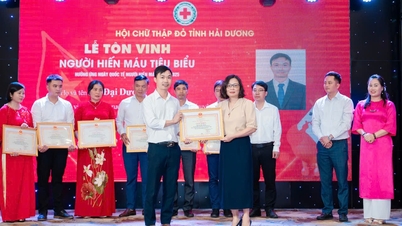





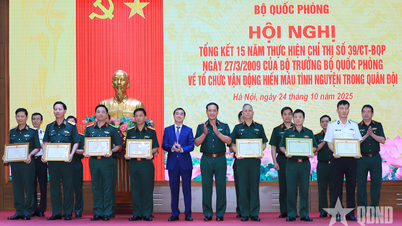

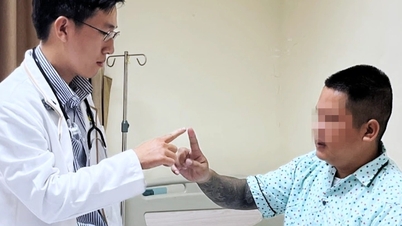



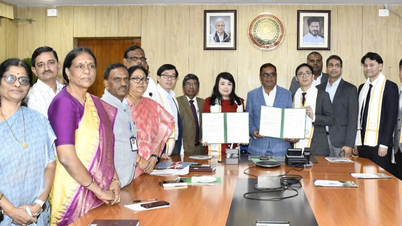





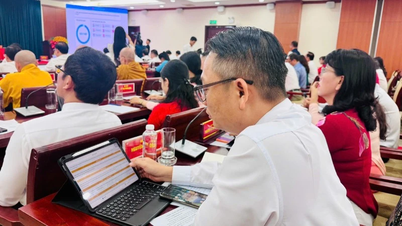








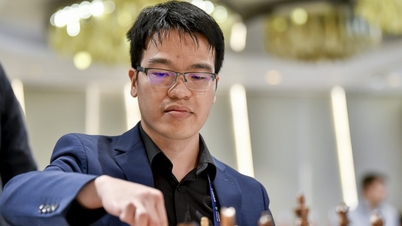


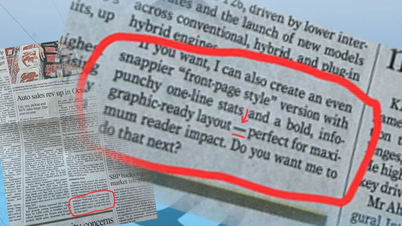








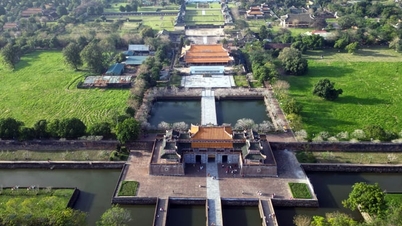





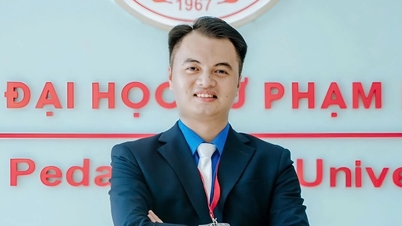




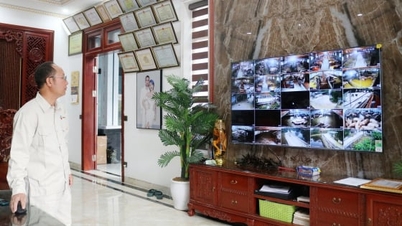
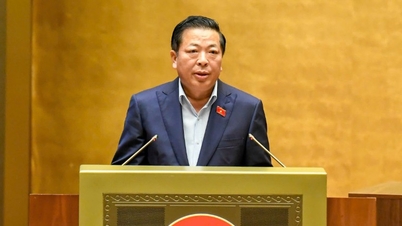


















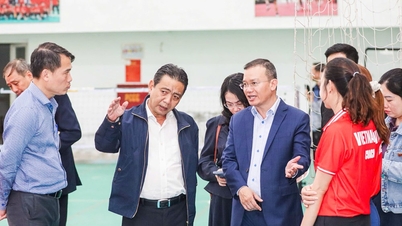

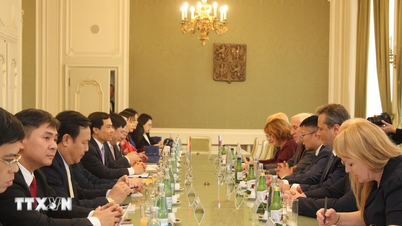






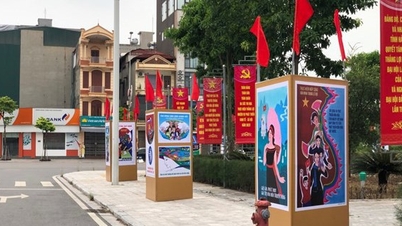


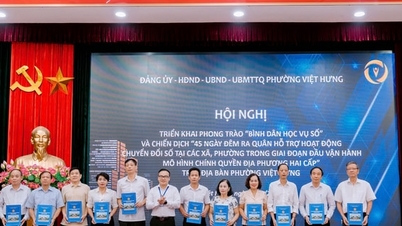

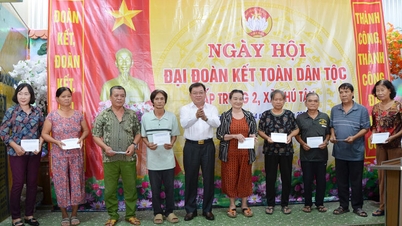










![Dong Nai OCOP transition: [Article 3] Linking tourism with OCOP product consumption](https://vphoto.vietnam.vn/thumb/402x226/vietnam/resource/IMAGE/2025/11/10/1762739199309_1324-2740-7_n-162543_981.jpeg)






Comment (0)